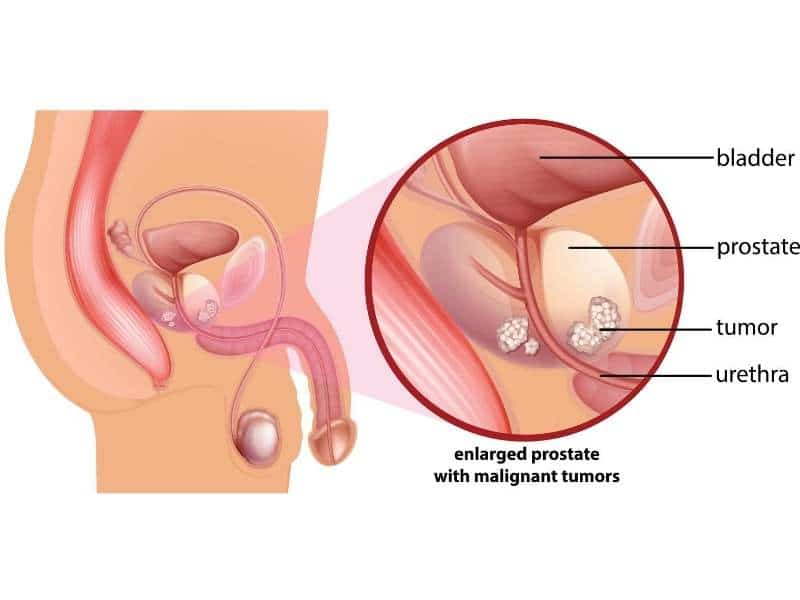Prostate Cancer Survivorship

Approximately 240,000 men in the U.S. are diagnosed with prostate cancer each year and long-term survival after treatment is common. Treatment for prostate cancer often causes problems with sexual function and urination. The nerves and muscle controlling erections and urinary continence are located very close to the prostate and are often injured during radiation or surgery. The good news is that there are treatment options to improve your quality of life.
Prostate cancer treatment affects gay and bisexual men differently, with studies showing worse mental health, ejaculatory concern, and quality of life, including worse urinary, bowel, and hormonal symptoms.
Sexual Dysfunction
After surgery for prostate cancer (radical prostatectomy), erectile dysfunction and penile shortening are common. Furthermore, men will be unable to ejaculate with orgasm and some men may urinate with orgasm (climacturia). After radiation, common sexual side effects include ED and decreased semen volume.
For gay and bisexual men, prostate cancer treatment can potentially have a greater impact on their sexual health. Common problems include ED requiring changes in sexual roles, pain with anal sex, decreased sex drive, and decreased sexual satisfaction due to loss of ejaculation.


Urinary Dysfunction
Urinary dysfunction is very common after surgery or radiation for prostate cancer. Radical prostatectomy often causes urinary incontinence (leakage of urine) and lower urinary tract symptoms (LUTS), such as urgency, frequency, dribbling, and nocturia. Men may also develop a urethral stricture, which can narrow the stream and block the flow of urine. Radiation often causes overactive bladder or irritative voiding symptoms, such as painful urination, urgency, frequency, nocturia, and dribbling. Radiation can cause a urethral stricture, blocking the flow of urine. Men may also develop hematuria (blood in the urine) due to a condition called radiation cystitis.
Urinary Incontinence
Leakage of urine is very common following surgery for prostate cancer (radical prostatectomy). The surgery often leads to damage to nerves and muscles used for urinary control. Mild incontinence occurs in about 20% of men following prostatectomy, while a small minority of patients experience severe leakage.

